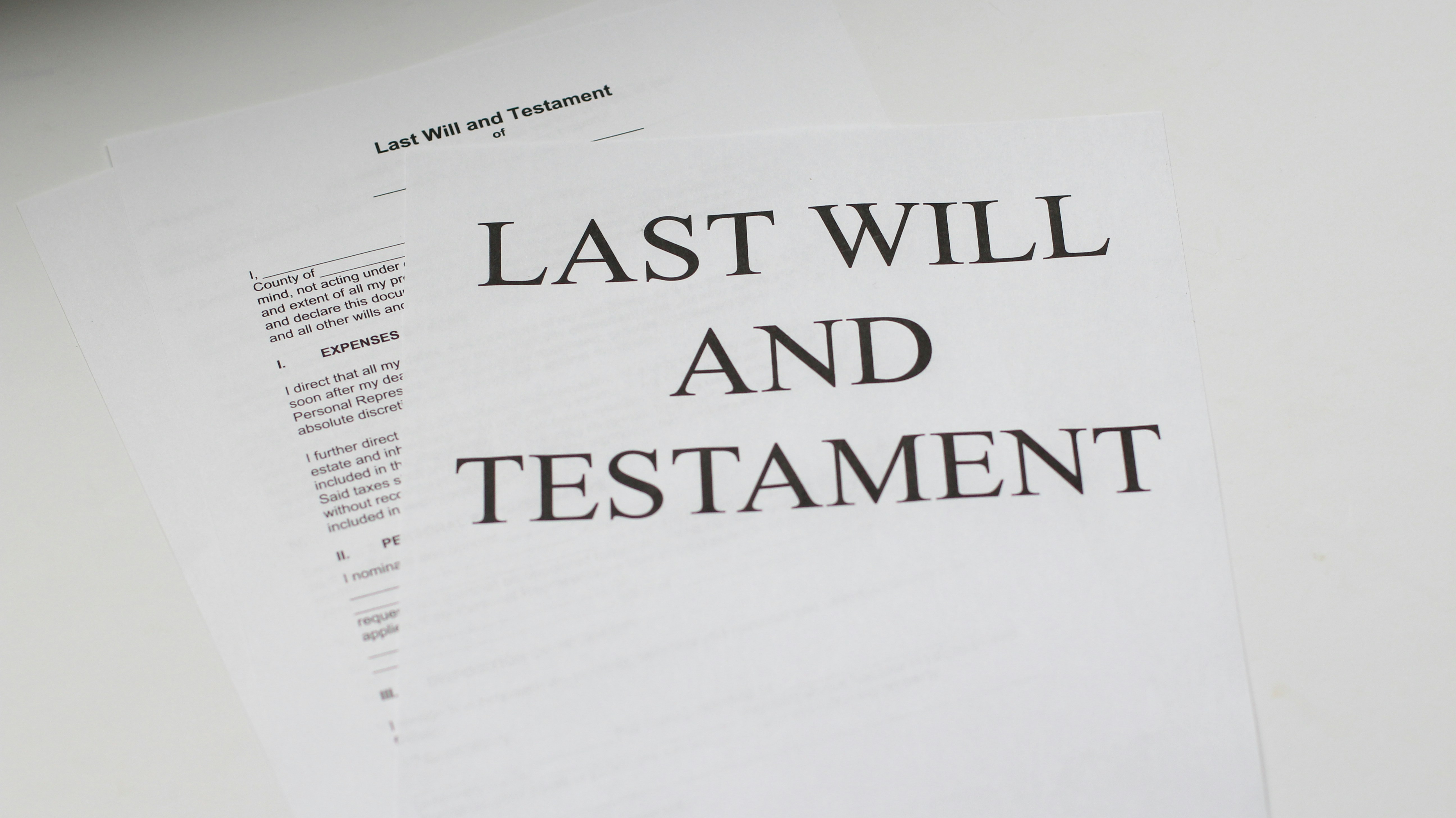
The need for an estate plan applies to everyone, says Trust Advisor’s recent article, “Why An Estate Plan Is Beneficial.”
With a small estate, you should be even more careful to avoid unnecessary expenses and to retain the most resources for fulfilling your personal, financial, and charitable goals. The article cites four key reasons why you should have an estate plan:
- Stipulating Care for Yourself. This includes a healthcare proxy, power of attorney and living will that states how you want to be cared for, if you become incapacitated.
- Financial Security. Your will lets you specify the way that you want your assets distributed and to whom. Without a will, state probate law will determine who receives your assets.
- Designating Guardians. If you have minor children, it’s critical to make written arrangements for their care. A will is the only legal way to do so in most states (e.g., California is an exception). You must designate a person that you want to be entrusted with the care of your children.
- Designating Beneficiaries. Your estate plan will include completing beneficiary forms for insurance policies and retirement accounts. It’s a good idea to review your designated beneficiaries after any major life event, like marriage, divorce, a death in the family or the birth or adoption of a child. Remember, you can also name a charity as a primary beneficiary or contingent beneficiary in your plan.
Reference: Trust Advisor (April 29, 2017) “Why An Estate Plan Is Beneficial”


